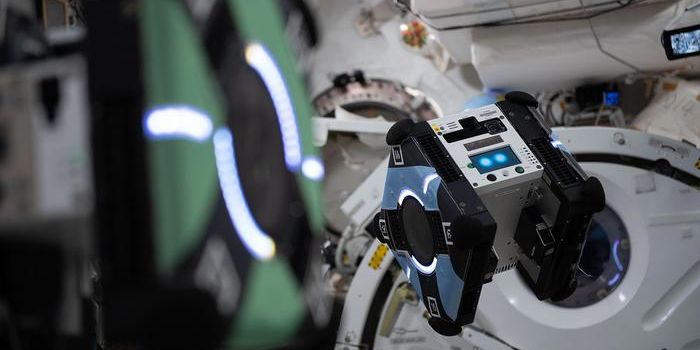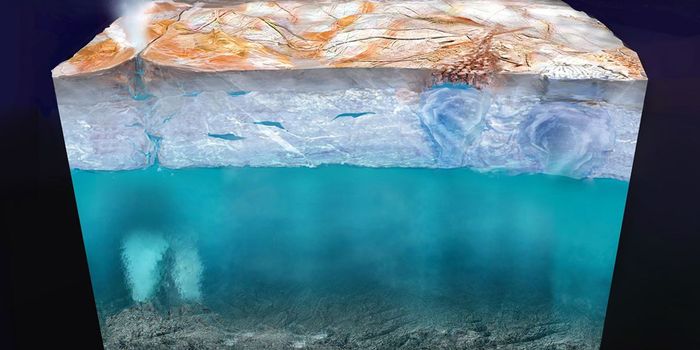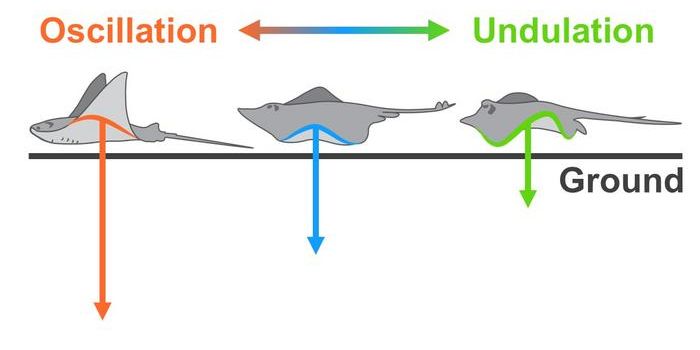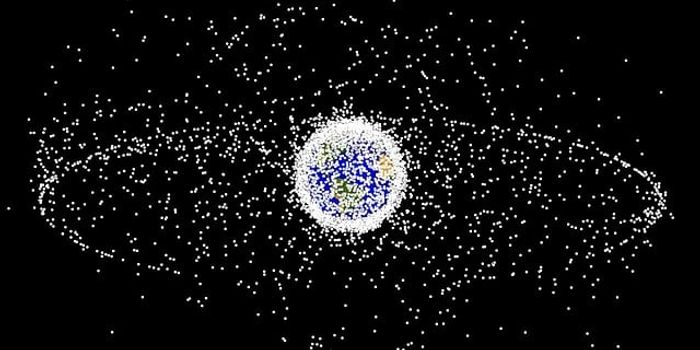This little membrane could make fracking less horrible for the environment
We know that fracking isn’t great for the environment. Of course, the geologic impacts of literally drilling into the earth and forcing hot water to crack open subterraneous rocks aren’t stellar. But the worst environmental impact is actually in the contaminated flowback of water which contains hydrocarbons, bacteria, and particulates.
That’s why this new study, which is published in Scientific Reports, is so innovative: it provides the prototype for a membrane that might be able to filter out all the bad stuff that contaminates the flowback water.
The research was carried out by chemist Andrew Barron and his colleagues from Rice University. The team of scientists was able to turn a ceramic membrane with microscale pores into a superhydrophilic filter that eliminates up to 90% of the hydrocarbons, bacteria, and particulates that foul the water during the hydraulic fracturing process.
“We show the chemical functionalisation of alumina ceramic microfiltration membranes (0.22 μm pore size) with cysteic acid creates a superhydrophilic surface, allowing for separation of hydrocarbons from frac and produced waters without fouling,” write the authors.
That lack of “fouling” is key, explains Barron. It means that the membrane lasts longer. "It requires lower operating pressures, so you need a smaller pump that consumes less electricity. And that's all better for the environment."
One well for fracking typically uses more than 5 million gallons of water; only roughly 10-15% of that is recovered during the flowback stage. This membrane could change that.
"In our case, the superhydrophilic treatment results in an increased flux (flow) of water through the membrane and inhibits any hydrophobic material -- such as oil -- from passing through,” says Barron. The difference in solubility of the contaminants thus works to allow for separation of molecules that should, in theory, pass through the membrane."
In other words, this little membrane could have a big impact on the world of fracking.
Sources: Scientific Reports, Science Daily









